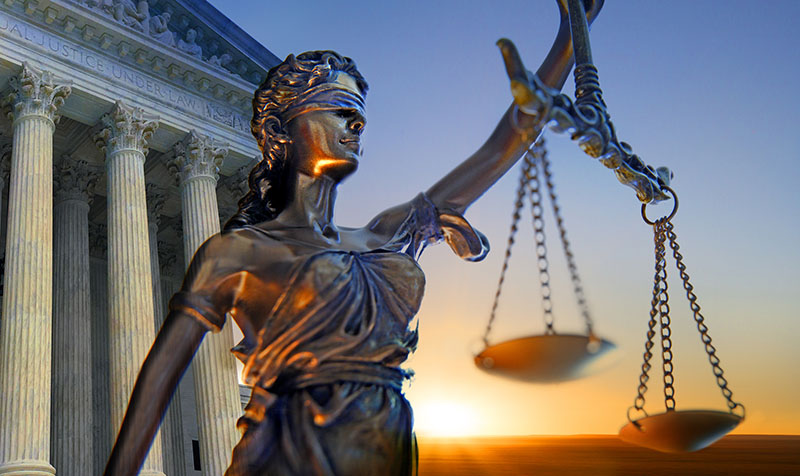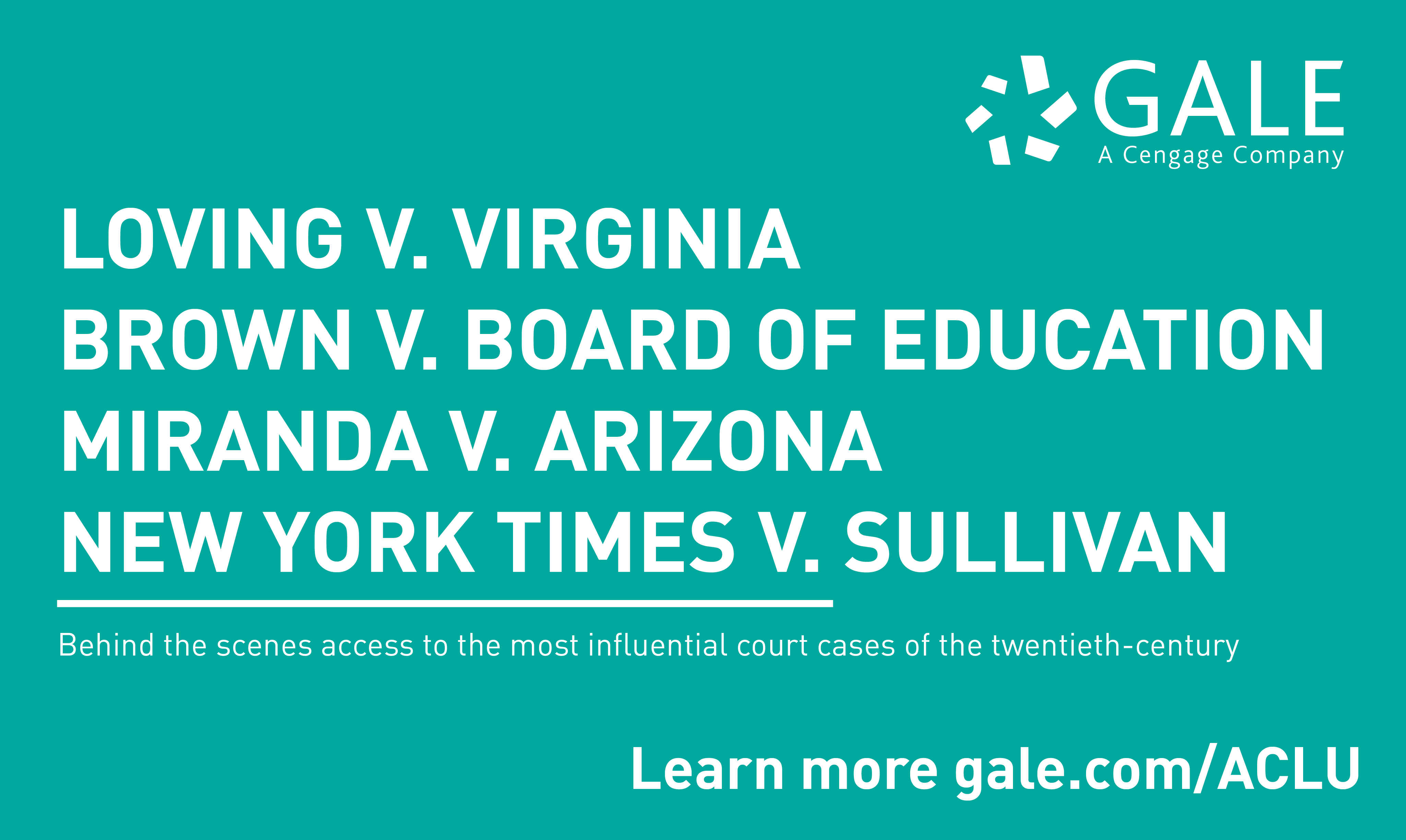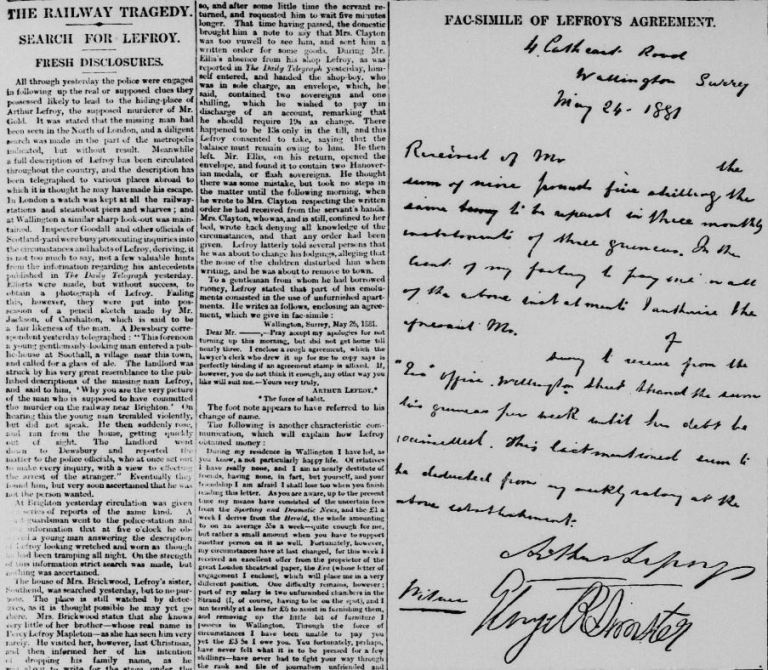| By Holly Hibner and Mary Kelly |
A common reference question received at public library reference desks is whether the library has legal forms. When you get that question as a generalist reference librarian (ie. not a law librarian…), it is very comforting to know that the Gale LegalForms resource is at the ready.
State-Specific
My library has access to the Michigan legal forms, so we know they are relevant to our state laws. There are categories like divorce, bankruptcy, power of attorney, and incorporation (among others). You simply choose a category and then choose from a list of available forms. Each form gives a full description to help laypeople choose the right one. With one click, the form opens with spaces to click and fill in your own information like your name, city, and even case number. Forms are available in a variety of formats, including Microsoft Word, Rich Text, PDF, and sometimes even Word Perfect. The forms included in the database are official forms that law firms use, so you never have to wonder if they will be accepted by the court system.







